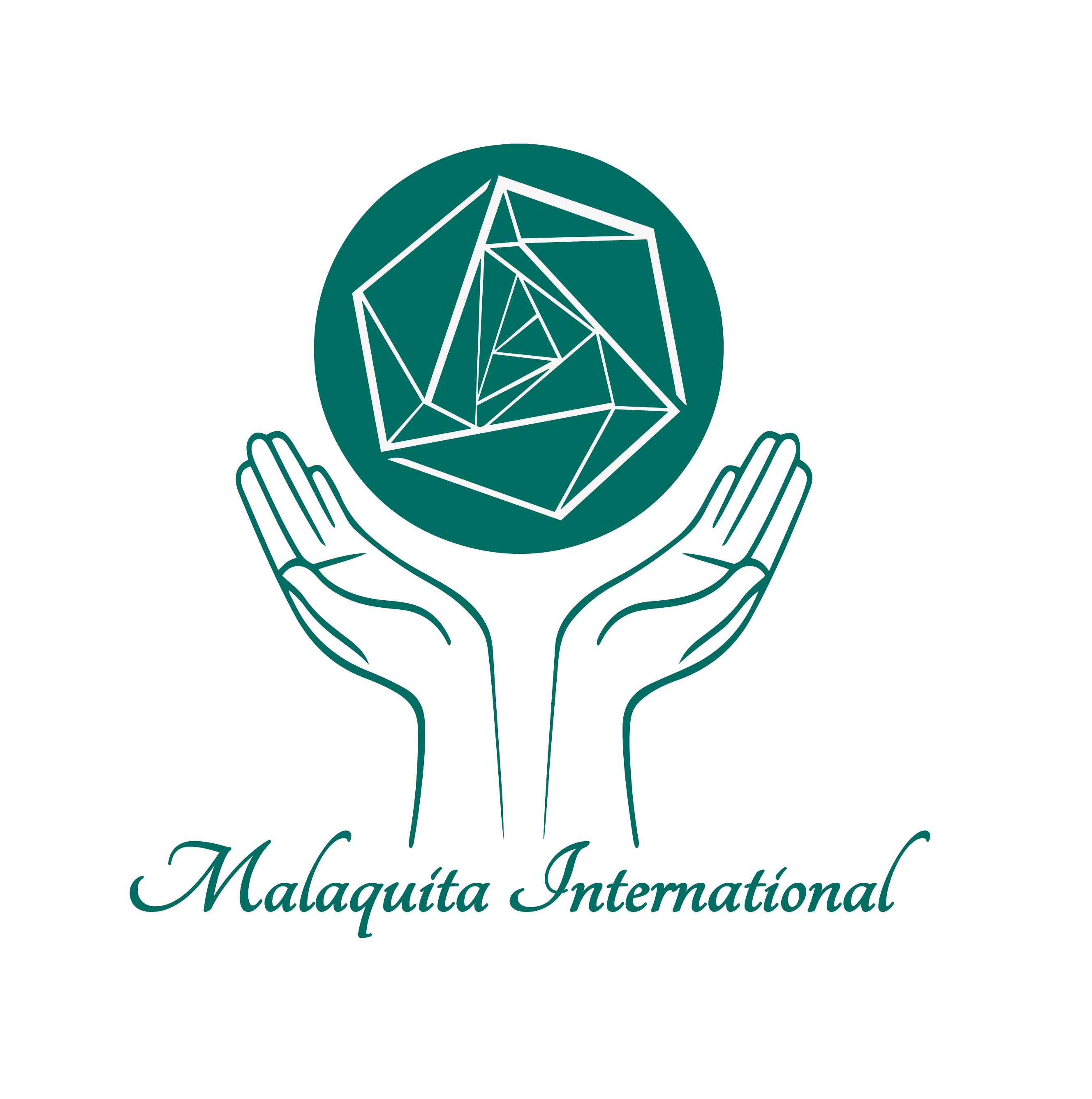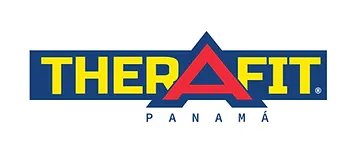Ensure the Success of Your Company with ISO Certifications and the Support of Secure Trust Accounting & Finances
What is an ISO Certification?
ISO certifications are international recognitions that ensure a company complies with high standards of quality, security, the environment, and more. These standards are applicable across various industries.
Implementing a management system aligned with ISO standards enhances operational efficiency and can open doors to new opportunities in the global market. Certification audits streamline the effectiveness of processes and organizational management as a whole.

Why Are They Important?
- Improved Competitiveness: ISO certification ensures that your products and services meet specific standards, enhancing your organization’s competitiveness on a global level.
- Building a Positive Reputation: ISO certifications are globally recognized, which improves your organization’s reputation and strengthens the trust of clients and partners.
- Process Optimization: ISO standards promote efficiency and reduce errors in internal processes, which can result in cost savings and continuous improvement.
- Access to New Markets: Obtaining ISO certification opens new opportunities in international markets, increasing the possibilities for organizational expansion and growth.

Types of ISO Certifications We Offer
ISO 9001 – Quality Management:
This standard helps improve the quality of products and services within businesses, increasing competitiveness. It is one of the most prominent certifications in the field of quality.ISO 14001 – Environmental Management:
This certification focuses on environmental standards within an organization or company, helping to enhance brand value through sustainable and environmentally friendly support.ISO 45001 – Occupational Health and Safety Management:
This standard aims to protect the safety and health of employees, establishing a secure and healthy work environment to prevent injuries.ISO 22000 – Food Safety Management:
This international standard ensures food safety at all stages of the food supply chain. It is considered a cornerstone for ensuring quality and safety in the food industry.ISO 27001 – Information Security Management:
This certification focuses on protecting both internal information and information related to customers, ensuring the safety and effective management of the same.ISO 50001 – Energy Management:
This standard aims to improve energy consumption and determine the most efficient ways to use it, promoting sustainability and reducing environmental impact.ISO 13485 – Quality Management in Medical Industries:
This certification ensures that companies manufacturing medical devices produce safe products that meet the highest quality requirements.ISO 17025 – Laboratory Accreditation:
This standard covers the basic requirements for obtaining laboratory accreditation and improving efficiency in testing and calibration.ISO 29990 – Management of Non-Formal Learning Services:
This framework supports learning and training services outside formal settings, ensuring transparency and facilitating quality and clarity in the field of education services.ISO 10002 – Customer Satisfaction Management:
This standard provides a framework to enhance the customer experience and offer high-quality services, contributing to resolving issues and increasing customer satisfaction.ISO 26000 – Social Responsibility:
This certification helps organizations understand and implement social responsibility effectively.ISO 17024 – Personnel Certification:
This standard aims to evaluate the skills of individuals, increasing confidence and productivity in the work environment.

Steps to Achieve Certification
Step 1: Initial Evaluation
We conduct a detailed analysis of your operations to identify areas needing improvement or adjustments to comply with the selected ISO standard.
Step 2: Action Plan
We develop a personalized action plan focused on closing identified gaps and optimizing key processes.
Step 3: Implementation and Training
We assist you in implementing the necessary changes and provide training to your team to ensure everyone understands and follows the new procedures.
Step 4: Internal Audit
We perform an internal audit to verify that all ISO standard requirements are met before the final audit.
Step 5: Final Certification
We coordinate with accredited certification bodies to carry out the final audit and obtain your ISO certification.





![KIKIHOST_02[1]](https://securetrust-af.com/wp-content/uploads/2024/12/KIKIHOST_021.png)



